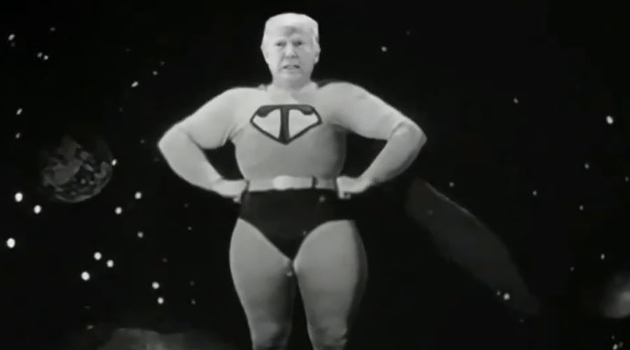Both Barack Obama and Hillary Clinton have said really foolish things, but Donald Trump may have set a new record for economic illiteracy with this tweet.
….I am a Tariff Man. When people or countries come in to raid the great wealth of our Nation, I want them to pay for the privilege of doing so. It will always be the best way to max out our economic power. We are right now taking in $billions in Tariffs. MAKE AMERICA RICH AGAIN
— Donald J. Trump (@realDonaldTrump) December 4, 2018
This tweet contains an astounding collection of inaccurate and offensive statements.
Here my corrective commentary.
I’ll briefly elaborate, starting at the top left and going clockwise.
- It is true that the United States used to rely on Hamilton-style tariffs, but trade taxes didn’t cause growth in the 1800s. Our prosperity was more a result of no income tax, no welfare state, and no intrusive regulatory/administrative state.
- Trade builds wealth and enhances prosperity, and that’s true whether the people trading live next door, across town, in different states, or in different nations.
- Trade taxes (like all taxes) create a wedge between buyers and sellers, meaning that economic output is lower (“deadweight loss“) when people have to pay for the “privilege.”
- Protectionism is a form of cronyism. Politicians gain power because they have power to pick winners and losers.
- Tariffs are taxes. The money that is being collected is coming out of the pockets of Americans.
- The last time the United States made a big push for protectionism was in the 1930s. At the risk of understatement, that was not an era of prosperity.
The bottom line is that Trump is playing with fire. Indeed, what’s happening in financial markets is a very worrisome sign that he’s putting the economy at risk.
To be sure, I don’t think all of the volatility on Wall Street can be blamed on Trump’s protectionist policies and statement (the Federal Reserve should be blamed for creating a fragile market with easy-money policies). But a trade war could be the trigger that leads to the next recession.


